
Volunteers help older lesbians struggling with social isolation
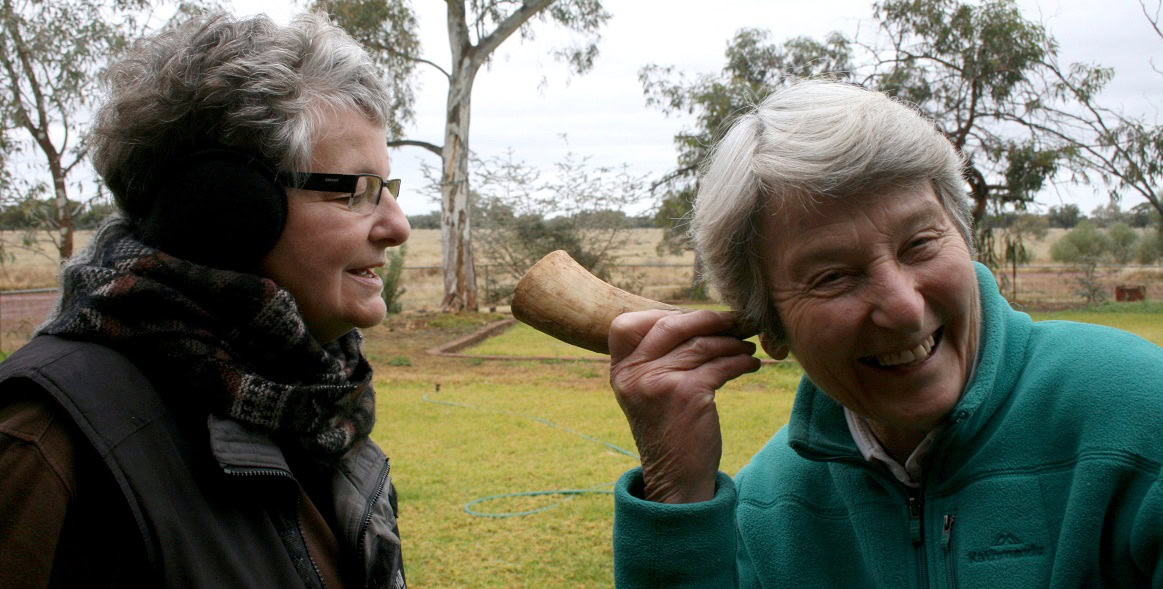
SOCIAL isolation in the community is the target of a new scheme to arrange home visits for older lesbians.
Matrix Guild of Victoria is seeking lesbian volunteers to participate in the program, which will involve committing at least two hours per month to visiting an isolated older lesbian at their home or residence, and possibly accompany them on trips.
One of the visitors who volunteers in the Matrix Guild program is Ardy Tibby, who said she found her experiences with the older lesbian she was visiting rewarding.
“For the first visit we went out to lunch at a seaside hotel and talked for a long time — I learned so much about her,” Tibby said.
Volunteers receive training and a travel allowance as part of the program, which is free for the clients.
The scheme will have a different focus from the volunteer visitors scheme launched by Gay and Lesbian Switchboard earlier this year.
Anneke Deutsch from Matrix Guild told the Star Observer the organisation wanted to create a separate scheme in part because the government funding associated with the switchboard program was generally only eligible for people over 65 and with a degree of frailty.
“We have many requests for visits from isolated lesbians who were younger than 65 and in many cases quite independent physically — they are therefore not eligible for the Switchboard scheme,” Deutsch said, explaining the Matrix Guild program would cater to lesbians over 40.
She also said many Matrix Guild members who expressed interest did not want the general training in LGBTI issues offered as part of the Switchboard scheme.
“Many of our members who volunteered as visitors wished only to visit other lesbians and wouldn’t have participated in a scheme where training included information about gay men’s, intersex and trans issues,” Deutsch explained.
For more information about the scheme, contact Anna Cook from Matrix Guild at [email protected], or call 0448 002 870.






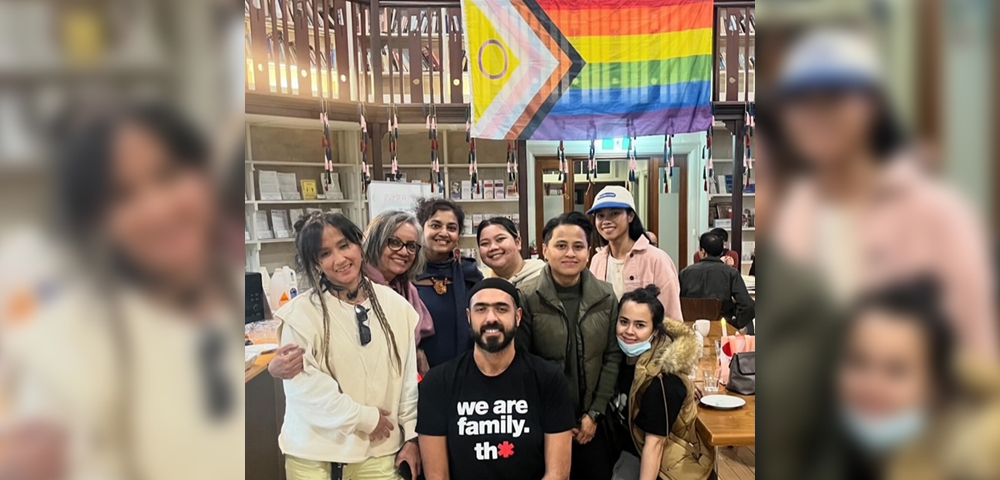
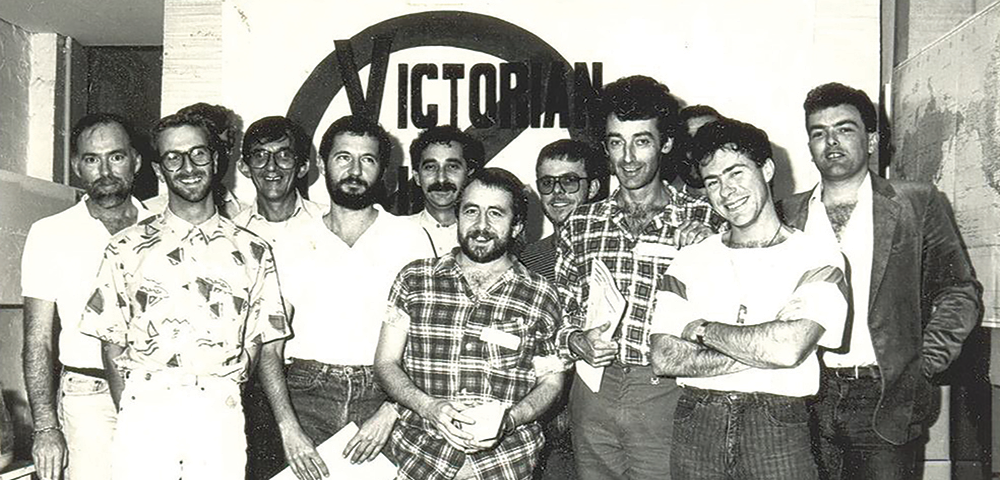
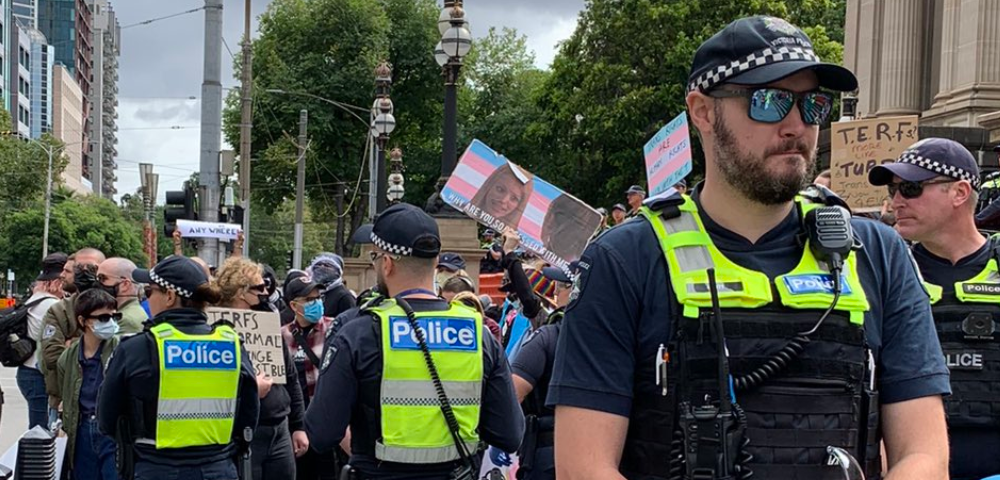
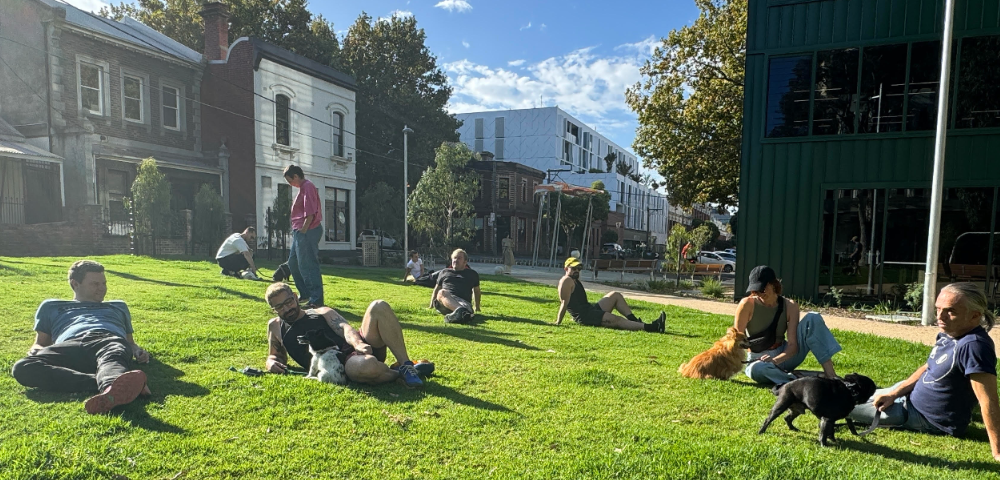
to work with lesbians is to work with women who identify as lesbian – this includes trans and intersex women who identify as lesbians – and matrix or other organisations shouldn’t get to decide who is or isn’t a lesbian based on their own narrow outdated and offensive binary notions. Lesbian is a term of sexuality / identity, to signify women attracted to women (however this is described by the woman) but doesn’t get to be a cover for defining who is and isn’t a woman (ie biologically or by gender identity) – to reject trans and intersex women is discriminatory and illegal, and harmful
and divisive in our lgbtiq communities. And there is plenty of information out there to learn the difference between sex, gender and sexuality: and stop bigotry within our own communities.
From multiple readings of this article and a number of visits to The Matrix Guild of Victoria’s website, overall, on first approach, I think I can understand their aims and don’t see any major concerns. A registered charity is perfectly entitled to restrict its ambit and remit to older lesbians and their aims seem very understandable and applaudable. As a gay man I can understand that some older lesbian women may not feel the need nor value to be aware of issues impacting people who identify as gay male, transgender or intersex. I believe there is a clear need for a service of this kind and I’m not surprised that some of the volunteers only want to invest their personal time (freely given) with other Lesbians. The only caveat I would place on that is in the area of Government Grants. If the organisation gets their funding purely from bequests from other Lesbians, then it is purely up to them how they utilise those funds, providing it is within their own charter and conforms to the requirements of an Australian registered charity. But if any of the funds come from a Government grant, at any level, then far greater transparency is required. The existing audited financials on their website are over 5 years old, from June 2009, and they list $9k in grants with no further information. As a potential donator, or a Government official considering a grant application, you would rightly seek further and far more current, recently audited information, otherwise alarm bells could understandably ring. That said, I can certainly understand the need for services targeted specifically to supporting older lesbians. We have many shared needs and challenges, but I do understand that older Lesbian women have challenges specific to themselves which they may well wish to overcome with each other and without others. And if they choose to do so solely via their own funding then they have the right to do so.
Will this program exclude trans women who identify as lesbians? Will it exclude intersex people who are in same sex relationships and identify as lesbians? What are the limits regarding the older women who will be included in eligibility guidelines for this and why? What policies does Matrix have regarding women ‘born women’ and recognition of female identity and lesbian status? None of these issues seem to be addressed in the article. At a recent LGBTI ageing event, Matrix presented material that caused great distress to trans and intersex people who were present. There are many complex issues, including in LGBTI aged care, that are not being faced, addressed, or dealt with. This is seriously remiss and unfortunate.